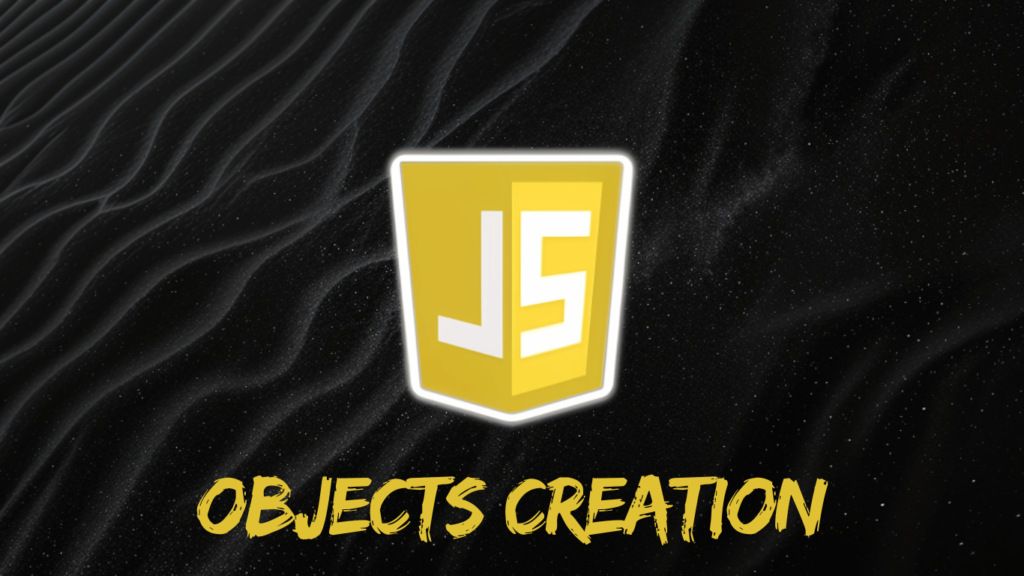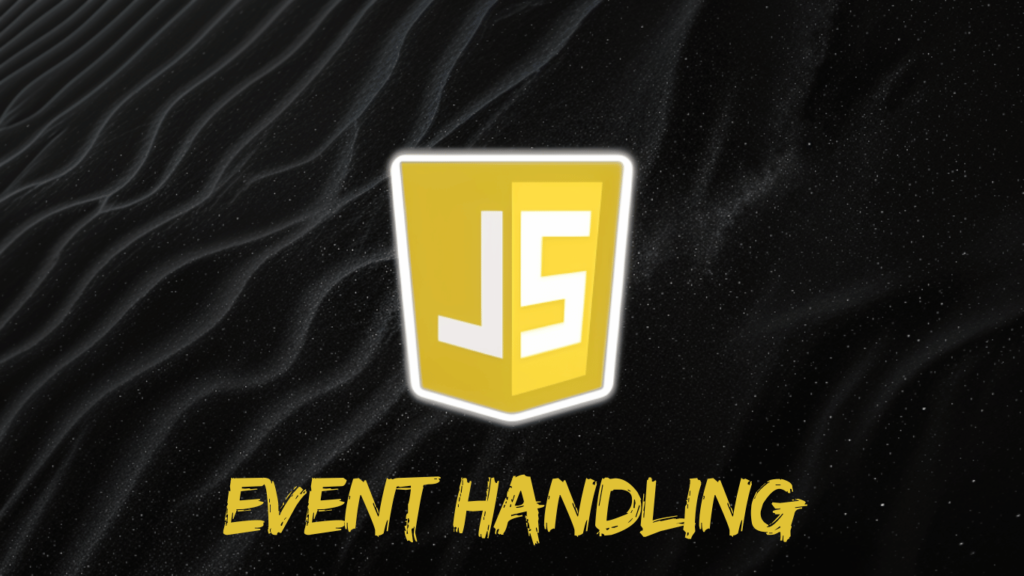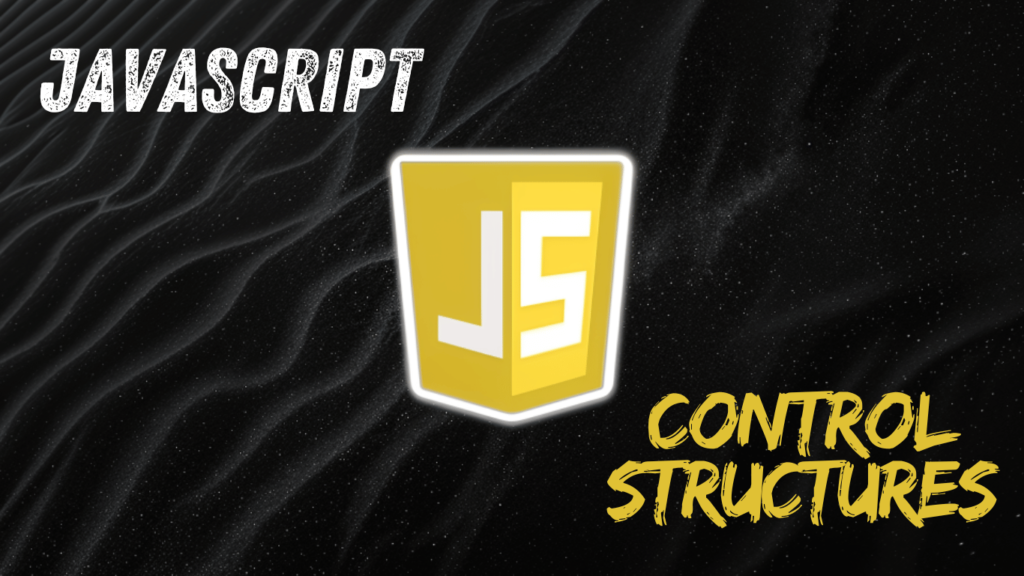Functions in C: A Complete Guide to Function Types, String Functions, and Recursion

Introduction: Why Functions in C Matter
Imagine writing a program where every time you needed a specific operation, you had to rewrite the same lines of code over and over again. Sounds frustrating, doesn’t it? This is exactly why functions exist. Functions allow you to create reusable blocks of code, making programs more organized, efficient, and easier to debug.
Whether you are a beginner or an experienced programmer, mastering functions is crucial to writing effective C programs. In this guide, you’ll learn everything about functions in the programming language C, from their definition to different types, including string functions and recursive functions. By the end of this article, you’ll have a deep understanding of functions and how they enhance coding efficiency.
Table of Contents
What is a Function in C?
A function in C is a block of code designed to perform a specific task. Instead of writing the same code multiple times, you can define a function once and call it whenever needed. This improves code readability and reduces redundancy.
Basic Syntax of a Function in C
returnType functionName(parameters) {
// Function body
}
- returnType – Specifies the type of value the function returns (e.g.,
int,float,void). - functionName – The name of the function.
- parameters – Inputs that the function receives (optional).
- Function body – The actual logic of the function.
Example of a Simple Function in C
#include <stdio.h>
void greet() {
printf("Hello, World!\n");
}
int main() {
greet(); // Function call
return 0;
}
Types of Functions in C
Functions can be broadly categorized into three types:
| Function Type | Description | Example Usage |
|---|---|---|
| Standard Library Functions | Predefined functions in C | printf(), scanf() |
| User-Defined Functions | Functions created by programmers | Custom mathematical functions |
| Recursive Functions | Functions that call themselves | Factorial, Fibonacci |
1. Standard Library Functions in C
C provides built-in functions in libraries such as <stdio.h> and <math.h>. Some commonly used functions include:
printf()– Prints output to the console.scanf()– Accepts user input.strlen()– Returns the length of a string.sqrt()– Computes the square root of a number.
2. User-Defined Functions in C
These functions are created by programmers to perform specific tasks. Below is an example of a user-defined function that adds two numbers:
#include <stdio.h>
int add(int a, int b) {
return a + b;
}
int main() {
int result = add(5, 3);
printf("Sum: %d\n", result);
return 0;
}
3. Recursive Function in C
A recursive function is a function that calls itself. Recursion is useful for problems like calculating factorials or Fibonacci sequences.
Example: Factorial Using Recursion
#include <stdio.h>
int factorial(int n) {
if (n == 0) return 1;
return n * factorial(n - 1);
}
int main() {
printf("Factorial of 5: %d\n", factorial(5));
return 0;
}
String Functions in C
String functions allow manipulation of character arrays (strings). The <string.h> library provides built-in string functions.
| Function | Description | Example |
|---|---|---|
strlen() | Returns string length | strlen("Hello") -> 5 |
strcpy() | Copies one string to another | strcpy(dest, src); |
strcmp() | Compares two strings | strcmp("abc", "def") -> -1 |
strcat() | Concatenates two strings | strcat(str1, str2); |
Example: Using strlen() and strcpy()
#include <stdio.h>
#include <string.h>
int main() {
char str1[] = "Hello";
char str2[20];
strcpy(str2, str1);
printf("Length: %lu\n", strlen(str1));
printf("Copied String: %s\n", str2);
return 0;
}
Advantages of Using Functions in C
- Code Reusability – Write once, use multiple times.
- Modularity – Break code into smaller, manageable parts.
- Ease of Debugging – Fix errors quickly by isolating functions.
- Improved Readability – Well-structured code is easier to understand.
Common Mistakes and Best Practices
1. Forgetting to Declare Function Prototypes
- Always declare functions before using them.
2. Improper Use of Return Values
- Ensure the correct return type is specified and used.
3. Infinite Recursion in Recursive Functions
- Always define a base case to prevent infinite loops.
FAQs: Functions in C
Q1: What is a function in C programming?
A function in C is a reusable block of code that performs a specific task and enhances code efficiency.
Q2: What are the types of functions in C?
The three main types are standard library functions, user-defined functions, and recursive functions.
Q3: What is the difference between recursion and iteration?
Recursion involves a function calling itself, while iteration uses loops to repeat a process.
Q4: Why are functions important in C?
Functions improve modularity, readability, and reusability in C programs.
Conclusion
Functions in C play a crucial role in writing structured and efficient programs. By understanding types of functions, string functions, and recursion, you can significantly enhance your programming skills. Now that you have a solid grasp of functions in the C language, try implementing them in your projects and see the difference they make. Happy coding!
If you found this guide helpful, share it with fellow programmers and explore more tutorials on C programming!




